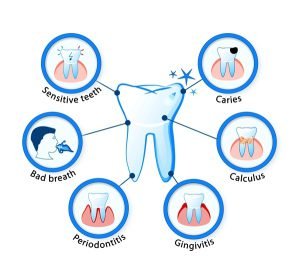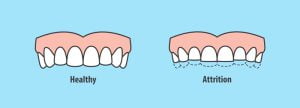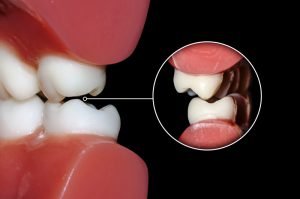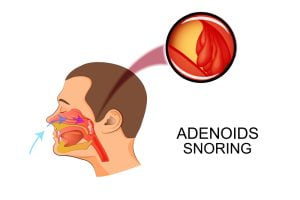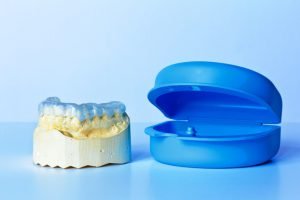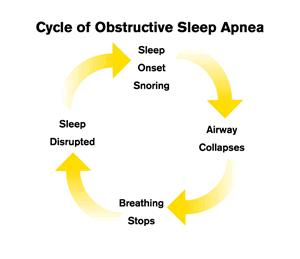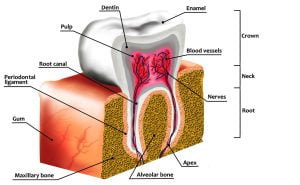Browsing: Bruxism (Teeth Grinding) Graphics
Comprehensive Information, Resources, and Support on Bruxism (Teeth Grinding)
Common tooth disease: Sensitive teeth, caries, calculus, gingivitis, periodontitis and bad breath.
Teeth grinding can cause many problems such as local muscular pain, headaches, loss of tooth structure, gum recession, loose teeth, shortening of teeth, sensitivity, cracked and broken teeth, damage to the bone structure of your jaw joint with temporomandibular joint syndrome, and facial changes.
A close up view of dental occlusion molars teeth is shown in the image. Your dentist can examine the occlusion and find out how chewing forces, or those forces that occur when your teeth come together, could cause a breakdown of teeth, gums, muscles and joints.
Snoring is usually considered a result of being overweight in adults. But, in kids too, snoring can occur. It is linked to sleep disorders, and should not be ignored. Your kid’s overall health can be deeply affected by snoring. For example, sleep disorders can cause a lack of oxygen in the brain and this can cause teeth grinding. Finding out the reasons for snoring in a child is important before they cause serious health issues. If your child sleeps with mouth open or suffers from teeth grinding, you shouold consult a doctor to find the reasons for snoring.
The image shows a grind guard on a custom-made tooth model.It is used against excessive wear caused by bruxism.
The image shows cycle of obstructive sleep apnea. Sleep apnea is responsible for teeth grinding (bruxism) in many cases. [Image used under Creative Commons License from Wikimedia]
ADVERTISEMENT




